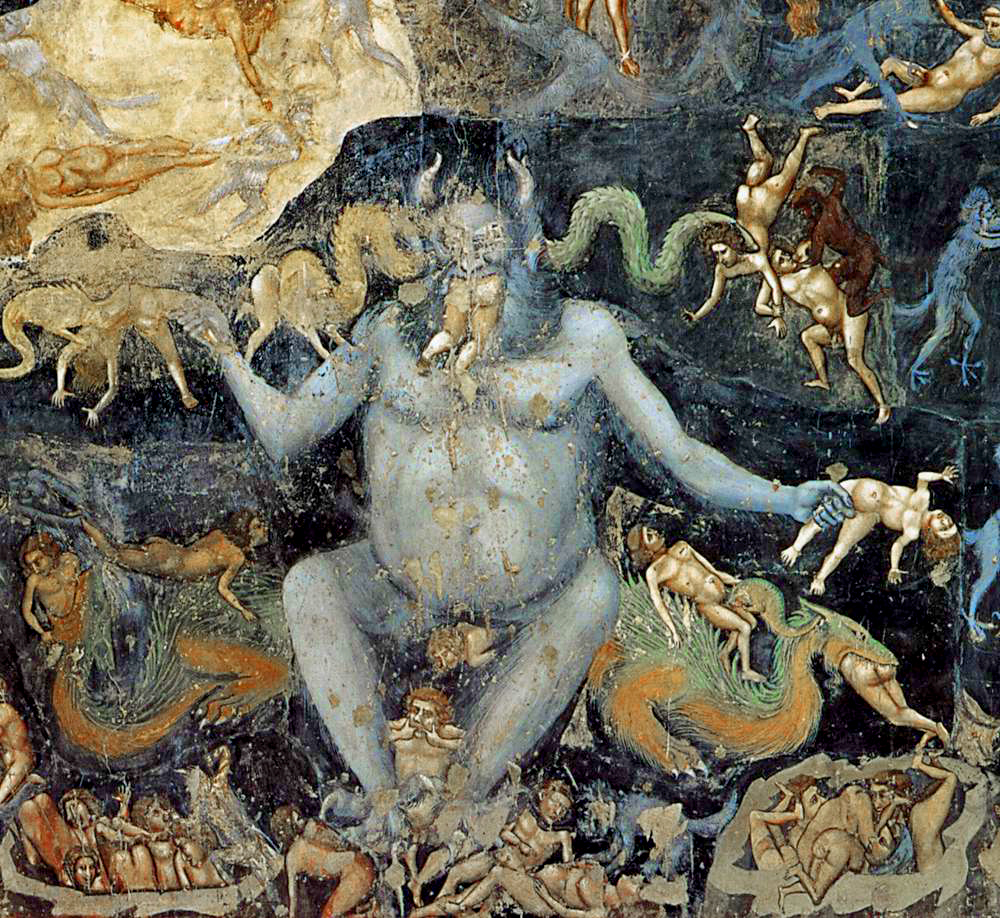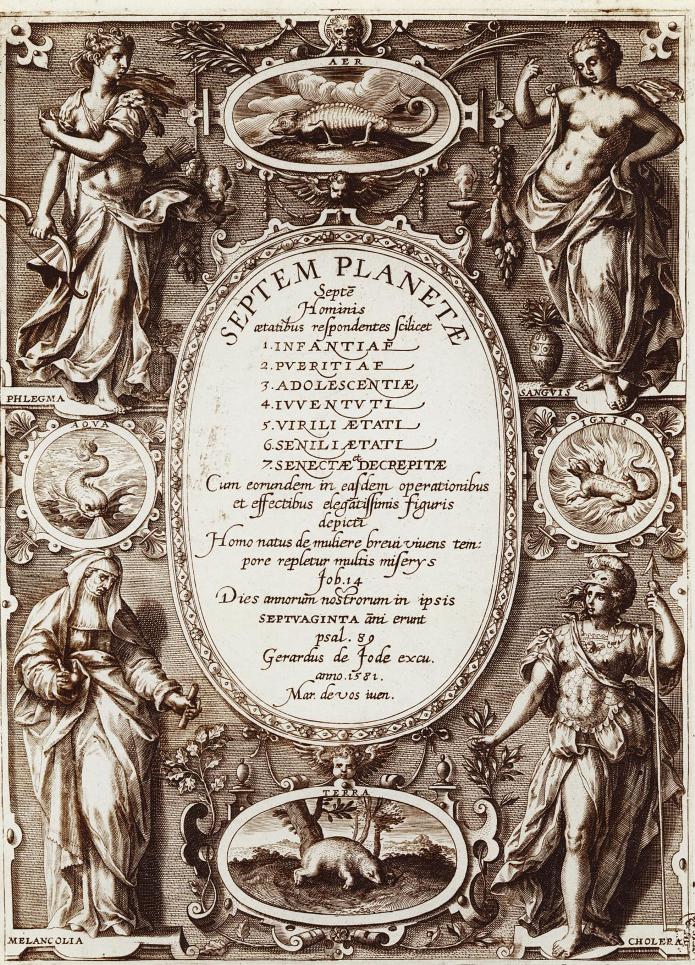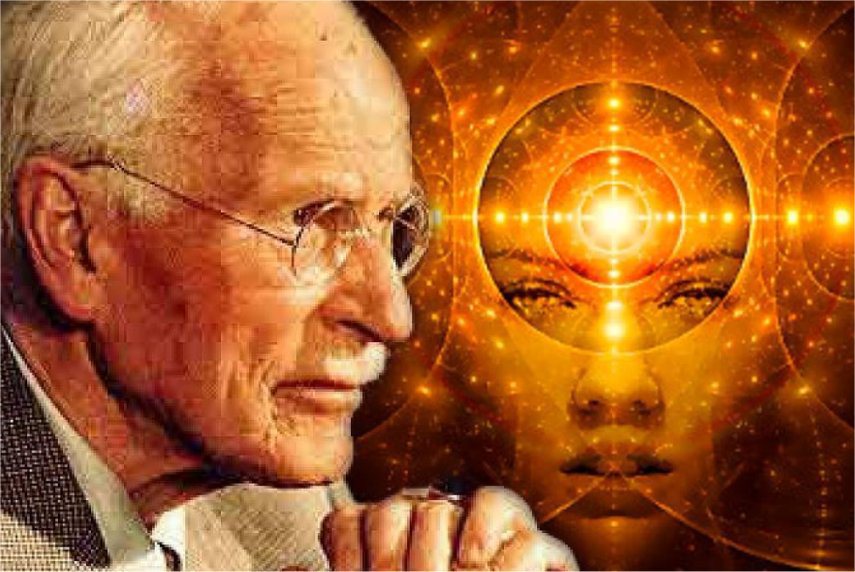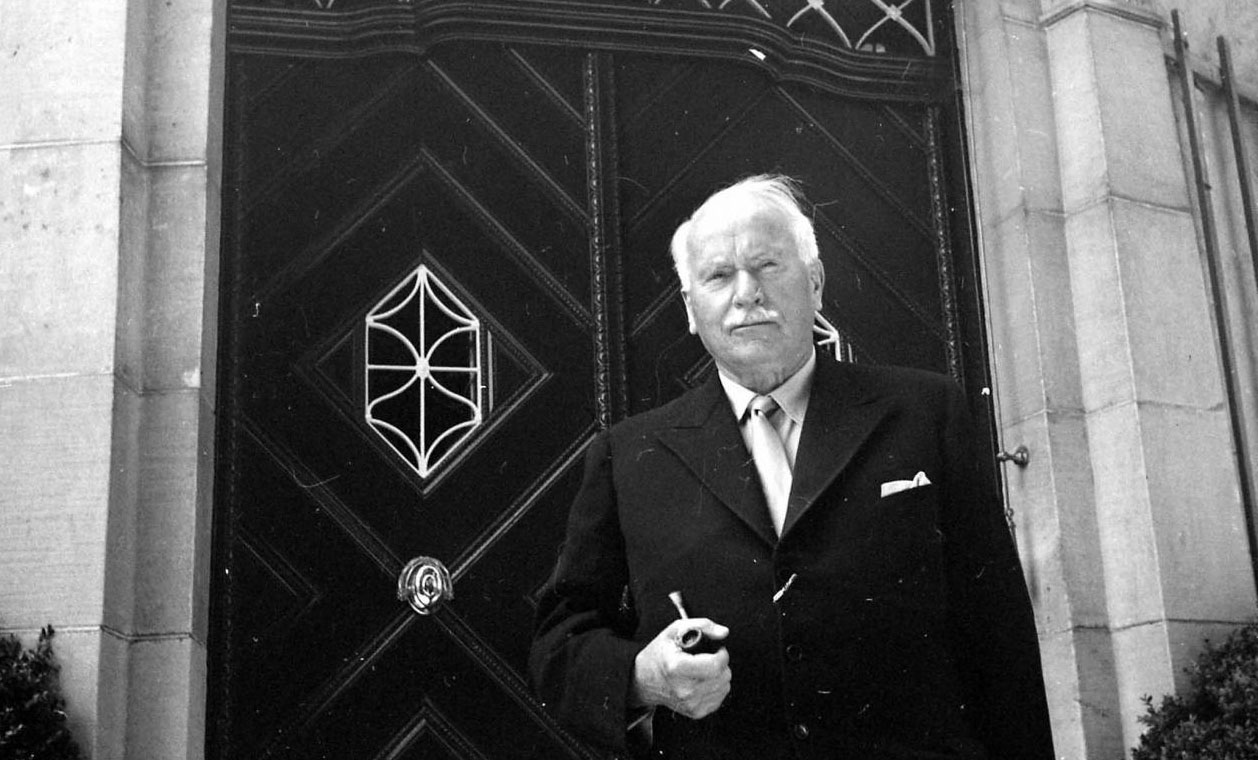Our physicists pride themselves on the achievements of our century and exchange antiphonal hymns of praise. The eloquent diction of their class-lectures, their flowery phraseology, require but a slight modification to change these lectures into melodious sonnets. Our modern Petrarchs, Dantes, and Torquato Tassos rival with the troubadours of old in poetical effusion. In their unbounded glorification of matter, they sing the amorous commingling of the wandering atoms, and the loving interchange of protoplasms, and lament the coquettish fickleness of “forces” which play so provokingly at hide-and-seek with our grave professors in the great drama of life, called by them “force-correlation.” Proclaiming matter sole and autocratic sovereign of the Boundless Universe, they would forcibly divorce her from her consort, and place the widowed queen on the great throne of nature made vacant by the exiled spirit. And now, they try to make her appear as attractive as they can by incensing and worshipping at the shrine of their own building. Do they forget, or are they utterly unaware of the fact, that in the absence of its
Page 236
legitimate sovereign, this throne is but a whitened sepulchre, inside of which all is rottenness and corruption! That matter without the spirit which vivifies it, and of which it is but the “gross purgation,” to use a hermetic expression, is nothing but a soulless corpse, whose limbs, in order to be moved in predetermined directions, require an intelligent operator at the great galvanic battery called LIFE!
In what particular is the knowledge of the present century so superior to that of the ancients? When we say knowledge we do not mean that brilliant and clear definition of our modern scholars of particulars to the most trifling detail in every branch of exact science; of that tuition which finds an appropriate term for every detail insignificant and microscopic as it may be; a name for every nerve and artery in human and animal organisms, an appellation for every cell, filament, and rib in a plant; but the philosophical and ultimate expression of every truth in nature.
The greatest ancient philosophers are accused of shallowness and a superficiality of knowledge of those details in exact sciences of which the moderns boast so much. Plato is declared by his various commentators to have been utterly ignorant of the anatomy and functions of the human body; to have known nothing of the uses of the nerves to convey sensations; and to have had nothing better to offer than vain speculations concerning physiological questions. He has simply generalized the divisions of the human body, they say, and given nothing reminding us of anatomical facts. As to his own views on the human frame, the microcosmos being in his ideas the image in miniature of the macrocosmos, they are much too transcendental to be given the least attention by our exact and materialistic skeptics. The idea of this frame being, as well as the universe, formed out of triangles, seems preposterously ridiculous to several of his translators. Alone of the latter, Professor Jowett, in his introduction to the Timaeus, honestly remarks that the modern physical philosopher “hardly allows to his notions the merit of being ‘the dead men’s bones’ out of which he has himself risen to a higher knowledge”; forgetting how much the metaphysics of olden times has helped the “physical” sciences of the present day. If, instead of quarrelling with the insufficiency and at times absence of terms and definitions strictly scientific in Plato’s works, we analyze them carefully, the Timaeus, alone, will be found to contain within its limited space the germs of every new discovery. The circulation of the blood and the law of gravitation are clearly mentioned, though the former fact, it may be, is not so clearly defined as to withstand the reiterated attacks of modern
Page 237
science; for according to Prof. Jowett, the specific discovery that the blood flows out at one side of the heart through the arteries, and returns through the veins at the other, was unknown to him, though Plato was perfectly aware “that blood is a fluid in constant motion.”
Plato’s method, like that of geometry, was to descend from universals to particulars. Modern science vainly seeks a first cause among the permutations of molecules; the former sought and found it amid the majestic sweep of worlds. For him it was enough to know the great scheme of creation and to be able to trace the mightiest movements of the universe through their changes to their ultimates. The petty details, whose observation and classification have so taxed and demonstrated the patience of modern scientists, occupied but little of the attention of the old philosophers. Hence, while a fifth-form boy of an English school can prate more learnedly about the little things of physical science than Plato himself, yet, on the other hand, the dullest of Plato’s disciples could tell more about great cosmic laws and their mutual relations, and demonstrate a familiarity with and control over the occult forces which lie behind them, than the most learned professor in the most distinguished academy of our day.

Moe is the founder of GnosticWarrior.com. He is a father, husband, author, martial arts black belt, and an expert in Gnosticism, the occult, and esotericism.







![How the South Saxons received Eadbert and Eolla, and the West Saxons, Daniel and Aldhelm, for their bishops; and of the writings of the same Aldhelm [705 A.D.] | Book 5 | Chapter 17 How the South Saxons received Eadbert and Eolla, and the West Saxons, Daniel and Aldhelm, for their bishops; and of the writings of the same Aldhelm [705 A.D.] | Book 5 | Chapter 17](https://www.gnosticwarrior.com/wp-content/plugins/contextual-related-posts/default.png)